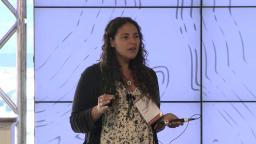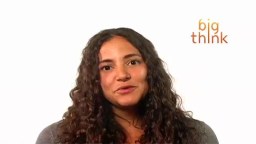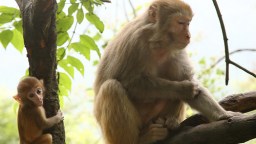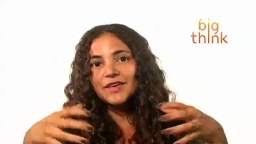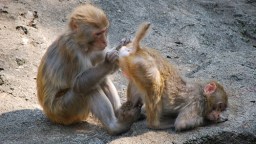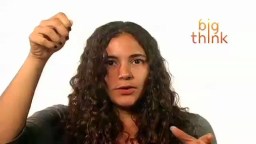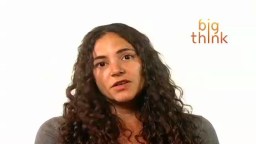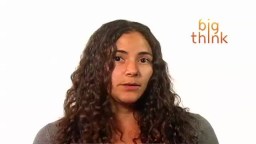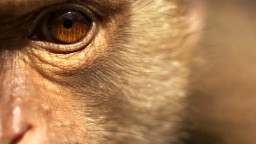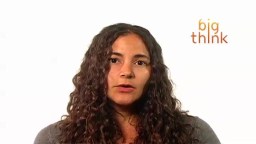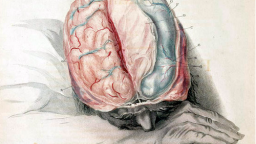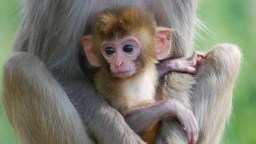Laurie Santos
Professor of Psychology and Cognitive Science, Yale University
Dr. Laurie Santos is an Associate Professor of Psychology at Yale University. Her research provides an interface between evolutionary biology, developmental psychology, and cognitive neuroscience, exploring the evolutionary origins of the human mind by comparing the cognitive abilities of human and non-human primates. Her experiments focus on non-human primates (in captivity and in the field), incorporating methodologies from cognitive development, animal learning psychology, and cognitive neuroscience.

Hustle culture is part of our DNA — but it’s making us unhappy. Yale psychologist Laurie Santos explains how to escape your inner drill sergeant and find peace in imperfection.
▸
6 min
—
with
Knowing your key strengths can make you happy in anything you do. Here’s how to identify them.
▸
7 min
—
with
If you don’t feel better after the weekend, the “burnout paradox” could explain why.
▸
7 min
—
with
Your brain isn’t wired for happiness — but you can change that, explains Yale scientist Laurie Santos.
▸
9 min
—
with
Other primates don’t seem to share their own desires and intentions with others, which leads to a lack of cooperation in a lot of domains.
Sharing might be the defining characteristic of being human. We are also very good at learning from others. The problem, however, is that we lack the proper filters and are […]
▸
18 min
—
with
From falling prey to expectations to taking advice from friends, an understanding of our cognitive evolution helps us avoid misperceiving the limits of our knowledge.
▸
4 min
—
with
Cognitive science reveals that policymakers should better understand how deeply our decisions are influenced by the presentation of choices.
▸
3 min
—
with
From elaborate dancing displays to incredibly attractive armpits, the animal kingdom is full of colorful ways for males to woo mates.
▸
2 min
—
with
There are morphological indications that we’re somewhere between a species meant to pair bond and our polygamist evolutionary relatives.
▸
3 min
—
with
Our two closest living primate relatives, chimpanzees and bonobos, leave scientists puzzled over the origins of human sexual behavior.
▸
4 min
—
with
Our ability to learn from others is crucial for the evolution of cumulative technologies, but often paralyzes our causal intuition.
▸
4 min
—
with
Why our prejudices may be deeply ingrained in our evolutionary development.
▸
6 min
—
with
Why Wall Street investors may think more like monkeys than we might have imagined.
▸
2 min
—
with
Scientists had to consider how primates think in order to develop the right experiments to study them.
▸
2 min
—
with
A conversation with the director of the Comparative Cognition Laboratory at Yale University.
▸
31 min
—
with
Dr. Laurie Santos’s studies of monkey “economics” suggest that greedy, loss-averse human behavior may have deep evolutionary origins.
▸
4 min
—
with
What separates us from the apes may be the human tendency to nudge other humans and say, “Hey, look at this cool thing.”
▸
1 min
—
with
Can monkeys reason about what’s going on inside others’ heads? To find out, Dr. Laurie Santos placed them in a position to trick human researchers.
▸
2 min
—
with
The Yale psychologist explains why she studies human infants and adult monkeys that are so smart they’re named after James Bond characters.
▸
4 min
—
with
A conversation with the professor of psychology at Yale University.
▸
10 min
—
with





